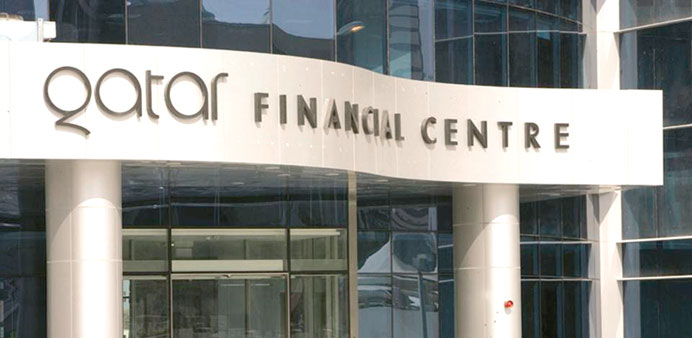The QFC has a tax system that enables sukuk transactions to be carried out without excessive tax costs, according to the study.
By Santhosh V Perumal/Business Reporter
The Qatar Financial Centre (QFC) has the most Islamic finance friendly tax systems, out of the eight jurisdictions in the Middle East and North Africa (Mena) region, according to a study.
“While simpler Islamic finance transactions can be carried out in some countries without prohibitive tax costs, of the countries reviewed only Turkey and the QFC have a tax system that enables sukuk transactions to be carried out without excessive tax costs,” said the study, conducted by three leading experts Mohamed Amin, Salah Gueydi and Hafiz Choudhury, said.
None of the countries covered have modified their tax laws to facilitate Islamic finance, apart from Turkey, which has introduced limited changes to facilitate sukuk issuances and Qatar with its special tax regime in the QFC, said the study, which was sponsored by QFC Authority (QFCA) in partnership with the International Tax and Investment Center based in Washington DC.
The study examined two alternative approaches a country can take to update its tax system to support Islamic finance transactions (the UK model and the Malaysian model), and recommended the one that is adopted in Malaysia as being “quicker and simpler to implement for Muslim majority countries”.
The study reviewed the tax treatment of four common Islamic finance structures ‘murabaha’, ‘sukuk’, ‘salaam’ and ‘istisna’ in the eight Mena countries: Egypt, Jordan, Kuwait, Libya, Oman, Qatar, Saudi Arabia, Turkey, and also in the QFC.
“Islamic finance is of growing importance within the Mena region, but the taxation systems of almost all Mena countries were developed in an environment of conventional finance. This too often means that Islamic finance suffers an additional, and therefore unfair, tax burden not borne by conventional finance,” according to Ian Anderson, chief finance and tax officer at the QFCA.
In an increasingly globalised world, and rising prosperity in many Muslim majority countries, Islamic finance institutions are already a very important part of the financial infrastructure of global business, Daniel A Witt, president, International Tax and Investment Center, said.
“We very much hope that it will start the dialogue within and between countries with active Islamic finance markets on dealing with the very real barriers to the growth of such markets raised by tax rules,” he added.
“The study shows clearly that the additional transactions required by Islamic finance to achieve economic outcomes similar to conventional finance are at risk of being subject to transfer taxes or to taxes on income or gains, and can make Islamic finance transactions prohibitively expensive,” according to Amin, the report’s main author.

